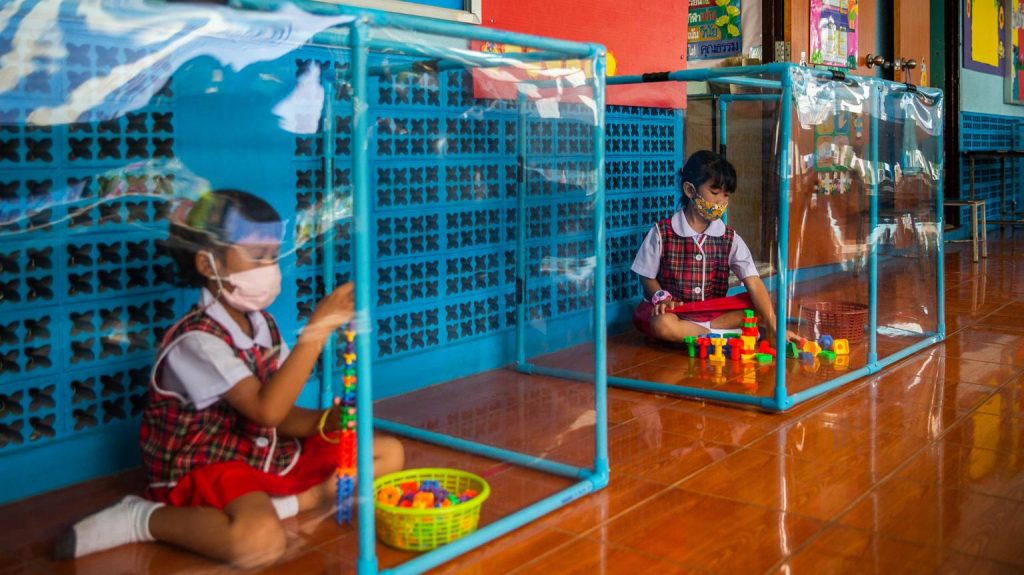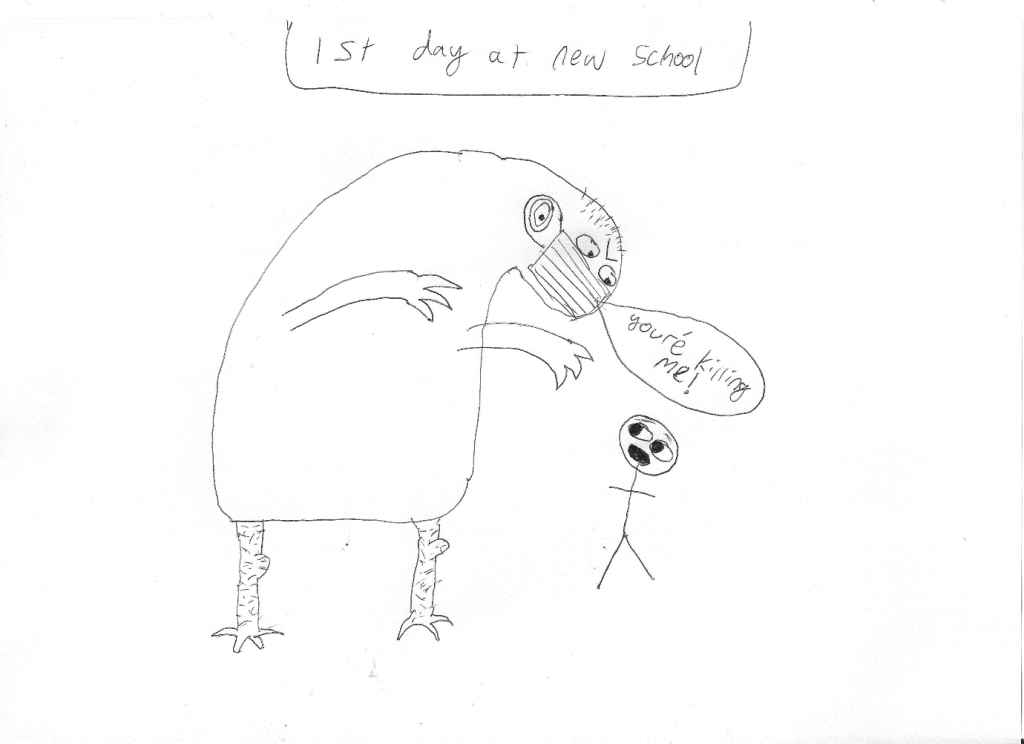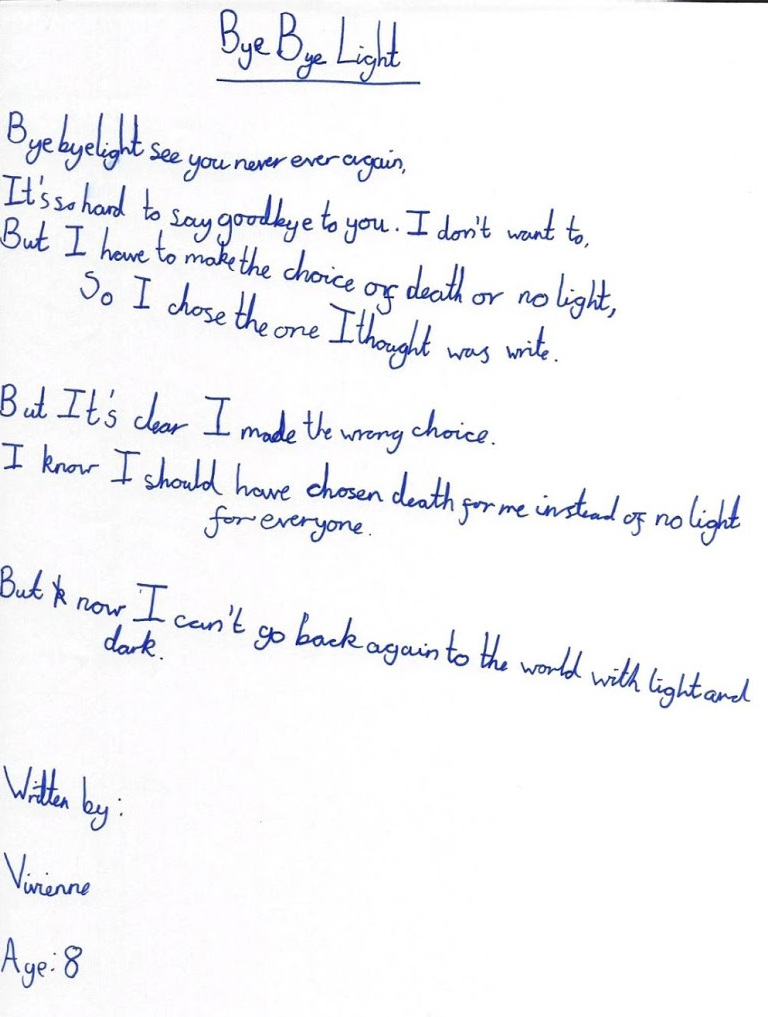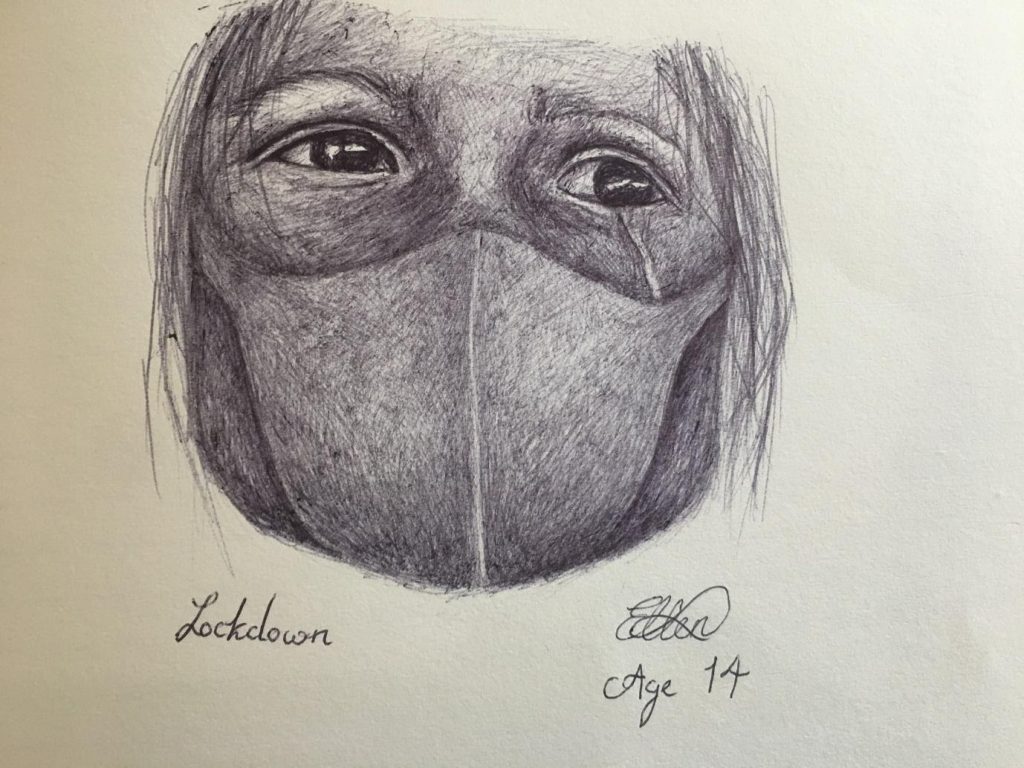by Arabella Hastie, MSc

“Don’t Kill Granny”1 was the eye-catching phrase used by Preston Council to scare young people into sticking to the regulations back in August. Young people knew that the risk to themselves was almost non-existent. They had complied with five months of lockdown – missing out on education, exams and social development to help flatten the curve – and now they wanted to see friends in the sun. The Council and then the Health Secretary used this phrase as a deliberate policy to scare and guilt-trip our children and young people into compliance. More frighteningly, it marked a moment in the pandemic when children and young people have become the scapegoats for any increase in transmission rates. The Government2 has admitted that increasing fear in the general public was central to their strategy to ensure compliance. Still, it is low when this is targeted directly at children in a way that could scar them for life.
The calling by unions and local councils to close schools early or restart them later increases the sense that children are to blame. Indeed, Sadiq Khan was explicitly saying “if the government isn’t careful, these children will pass on the virus to vulnerable people because the rules are relaxed”.3 If Granny dies or is not able to visit because you have to isolate – then it is all your fault. A teenager I know drew how he felt being accused of killing a teacher by not wearing a mask (he’s exempt) on his first day in a new school. One glance at the child shows how humiliated he feels.

Children are egocentric and naturally tend to assume that it is their behaviour which has made something happen4 – these messages play on this fear making our children feel even more confused and concerned. One young boy tearfully told UsForThem that he didn’t want to go to school because he was scared that he’d get the virus and make everyone isolate over Christmas. But he was also terrified that school would be closed as he couldn’t bear remote schooling again. In normal times society moves heaven and earth to make sure children are in school, but in these “Alice in Wonderland” times they are made to feel guilty about wanting to be there.
Adults have taken this idea of children being “carriers” to heart, despite there being very little evidence of that, and have started excluding children from places with older people. We’ve heard of a minister asking children not to come to church as they would “terrorise elderly members of the congregation”, and four-year-olds being refused entry into shops as “children are high risk”. That four-year-old is now anxious to go to new places and insists on wearing a mask as she does not want to hurt anyone. How can that be acceptable?
School should offer all children a safe place to be, especially for those whose home life is full of fear. A sense of safety is central to our ability to learn and thrive socially. The feeling that the world is a scary place – that schools are “vectors for Covid”, as described by the National Education Union – means that children are fearful of one of the places they should feel safe. The increase in restrictions – hazard tape around play equipment, Perspex separating desks – are all triggering reminders of death, contagion and illness. Vivienne, aged eight, wrote this heart-breaking poem about making the wrong choice. No child should feel that they have to say goodbye to the light, nor that it is their action that has made this happen.

Children want to fit in,5 and being made to stand out is unsettling. Those children who cannot comply with all the social distancing regulations are singled out – often those who are mask exempt have to wear a badge, so everyone knows they are different. This must be difficult for any child and clearly has a negative impact on their psychological health.6 The idea of children being repeatedly tested over extended periods – allowed in if positive, sent home if negative – reinforces the notion that they have done something wrong or – worse – they are something wrong. A generation of children brought up to believe that they are deficient and their bodies are capable of doing terrible things to others does not bode well for their ability to grow into healthy adults. These children have lost months of education and social activity, and are now being told they are killers. As adults, we have a duty of care towards all children, and terrorising them into submission should never be part of it.

Arabella Hastie is a member of the child and clinical psychology group in UsforThem.
1 https://news.sky.com/story/coronavirus-young-people-warned-dont-kill-granny-as-lockdown-imposed-in-preston-12045017
2 https://www.gov.uk/government/publications/options-for-increasing-adherence-to-social-distancing-measures-22-march-2020
3 https://www.bbc.co.uk/news/uk-england-london-55299848
4 https://www.sciencedirect.com/science/article/abs/pii/S0022096515002623
5 Blakemore, S-J, (2018), Inventing Ourselves
6 https://www.sciencedirect.com/science/article/abs/pii/S0022096515002623












Donate
We depend on your donations to keep this site going. Please give what you can.
Donate TodayComment on this Article
You’ll need to set up an account to comment if you don’t already have one. We ask for a minimum donation of £5 if you'd like to make a comment or post in our Forums.
Sign UpLatest News
Next PostBlessed are the Prophylactic Givers for They Shall Inherit the Earth